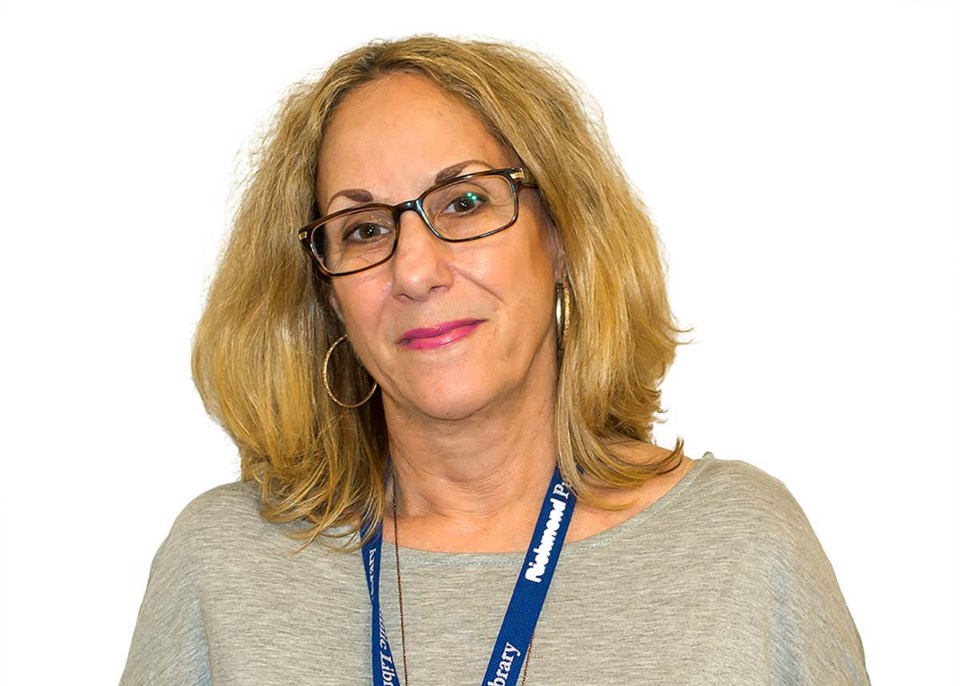No matter how sharp someone is mentally, when serious illness strikes, both their physical and emotional resources can quickly become depleted. A 91-year-old friend of mine was recently hospitalized for a month. The first 19 days were for pneumonia, then the day she was discharged, she lost consciousness at home and was brought back to hospital. Three days after her second admission she had a pacemaker inserted.
Normally this woman is sharp as a tack, and very active. She’ll take her electric scooter to go grocery shopping, and even shlepp her walker onto the bus to go to SilverCity. She cooks all her own meals, sews all her own clothes and does everything but walk on water. Her next of kin live far away though, but luckily, she has lots of younger friends in town.
All this is to say that most older people, and those who are physically compromised due to illness, need an advocate when they are in hospital. My friend’s experience is a perfect example. The doctor on her ward was a bully. Plain and simple. He treated her disrespectfully, wouldn’t let her talk and basically behaved like she was disposable, and she suspected it was because of her age. He gave her unreasonable ultimatums (24 hours to decide on a surgery) and false information (said they don’t have a cardiologist at that hospital). I know all this because I and another good friend of hers were at the hospital every day and saw it firsthand.
Unfortunately, though, because we aren’t kin, the nurses and doctors would not give us much information. Luckily, we spoke to the hospital social worker, who told us about Representation Agreements, which allow you to help the patient make medical decisions, or make them for the patient if they are incapacitated. It also entitles you to get information from doctors and nurses about the patient. Long story short, our sick friend happily agreed to it, we got the form, got witnesses and got it signed.
I’ve heard that some doctors use the disgustingly disrespectful phrase “circling the drain” to describe old people who are going to die soon. I got the distinct impression that the doctor on my friend’s ward was treating her dismissively for exactly this reason.
Unfortunately, my friend got a shameful runaround from this doctor. Not only that, but when we asked the nurses/doctor/social worker and transition nurse when our friend would be discharged, we got a multitude of conflicting answers. Our only concern was making sure that our friend had sufficient home support before she was discharged.
Luckily, my friend is now home recuperating, in spite of the doctor’s rude attitude. The moral of my story is: It’s imperative that we advocate for elderly family members and friends who can’t make medical decisions for themselves. Don’t think for a moment that just because someone has “Dr.” in front of their name, that they always have your best interests at heart. Most of the time they do. But not always, so be prepared. Sooner rather than later.
Shelley Civkin, the retired “Face of Richmond,” was a Librarian & Communications Officer at Richmond Public Library for nearly 30 years, and author of a weekly book review column for 17 years.



